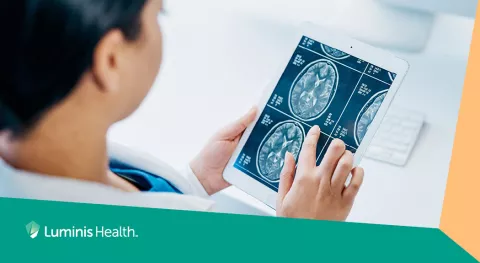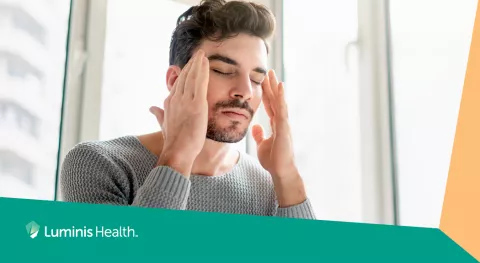Our team treats physical and mental limitations caused by stroke, brain injury and other nervous system disorders to maximize your independence.
What Is Stroke and Neurological Rehabilitation?
When signals from nerves can't reach the brain or the brain can't decode them properly, many problems can result.
Take stroke, for example: The effects can range from inability to move part of your body and difficulty swallowing, to faulty balance and blurred vision. This can have a devastating impact on your life.
Medical treatments to reverse this type of brain or nerve damage don't yet exist. But our stroke and neurological rehabilitation team can help you manage symptoms and make the most of your current abilities.
We're highly trained in techniques that take advantage of the brain's capacity to make new connections. This means you'll regain as much function as possible, depending on the nature of your injury or condition.
Our goal is to increase your independence and enable you to do activities important to you.
We can help reduce the effects of conditions such as:
- Amputations (above and below the knee).
- Concussion.
- Dementia.
- Guillain-Barré syndrome.
- Mild brain injury.
- Multiple sclerosis.
- Neuropathy.
- Parkinson's disease.
- Spinal cord injury.
- Stroke.
- Traumatic brain injury.

